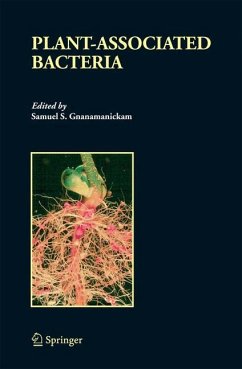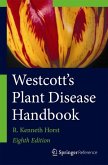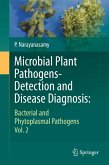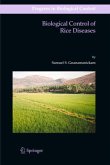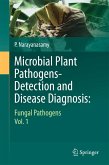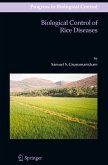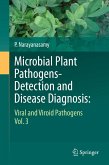The idea of developing a comprehensive volume on PLANT-ASSOCIATED BACTERIA was born in my mind about 5 years back. I decided therefore that the proposed volume on Plant-Associated Bacteria will be a complete volume on plant bacteriology. There are several books on symbiotic and beneficial bacteria. There are also books and volumes on plant pathogenic bacteria. In recent years, the pla- growth promoting rhizobacteria (PGPR) has emerged as an important group which has significant applications to crop production and biological disease control. There is a vital need for a comprehensive volume on all plant-associated bacteria that also includes epiphytic and endophytic bacteria. In my mind, the proposal appeared worthwhile and timely. In the present era of genomics, there has been an enhanced interest in the genomics of the plant-associated bacteria (Example: the Plant-Associated Microbe Genome Initiative, American Phytopathological Society-www.apsnetorg/ media/ ps/top.asp). Traditional methods of identification of bacteria have been replaced by molecular methods for diagnostics and their phylogeny. This volume tries to carefully document both the traditional and recent methods. To achieve this, the contributors have been chosen from among the best experts to provide updated information for a reader who has specific expectations in a volume of this nature.
Hinweis: Dieser Artikel kann nur an eine deutsche Lieferadresse ausgeliefert werden.
Hinweis: Dieser Artikel kann nur an eine deutsche Lieferadresse ausgeliefert werden.

